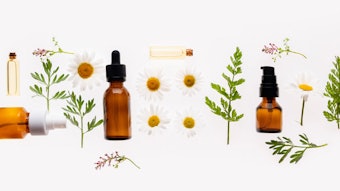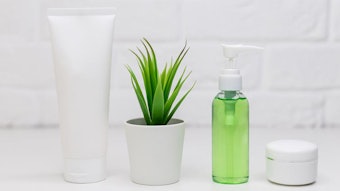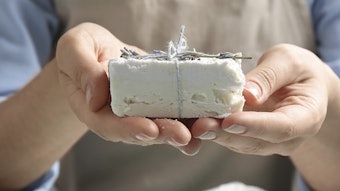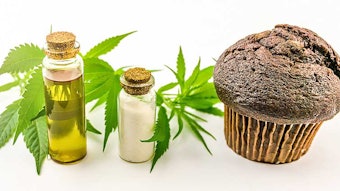
Do cosmetics matter?—"Yes, they do!" This is the title of the Cosmetics Europe press release announcing the results of its consumer perception survey: Consumer Insights 2017. These results were presented at an Open Forum session of Cosmetics Europe Week (June 13–16, 2017).
Cosmetics Europe commissioned Third-I to conduct the Consumer Insights study, surveying more than 4,000 consumers in 10 European countries about how they perceive and use cosmetics and personal care products in their daily lives.
The results were affirming and encouraging:
- 71% of consumers surveyed see cosmetics and personal care products as important or very important in their daily lives.
- 72% of the consumers said cosmetics and personal care products improve quality of life, listing good health and personal hygiene as the most important criteria of quality of life—even above financial stability or a rewarding job.
- 80% of consumers identified cosmetics and personal care products as important or very important in building up self-esteem.
This is in the context of a European market value of 77 billion euros, the largest in the world, with around 2 million jobs across the European value chain.
There was much interest and positive feedback about the survey during Cosmetics Europe Week, and rightly so. However, the various sessions did not allow the well over 200 delegates to rest on their laurels. Some challenging debates and key topics were addressed, including: exploring the contribution of cosmetics to well-being; the economic benefits of cosmetic products; risk and hazard; consumer information and the digital revolution; the big topics for 2017 and beyond, including the roles of retailers; natural and organic products; allergens; and, of course, Brexit.
Chemical does not mean the opposite of natural or organic and has no bearing on whether an ingredient is safe to use.
It was an extremely thought-provoking conference, but having the results of Consumer Insights 2017 means that we should be proud of the effects that the industry’s products have on our consumers’ lives.
It is therefore important that all aspects of the industry recognize each other's worth and not take the opportunity to denigrate each other—there are plenty outside of the industry eager to do that.
Greener Pastures
One related concept that comes to mind is the idea of greenwashing.
We are aware that there is sometimes a suggestion that "chemicals" could present a risk to health; but we must remember that there is no safety advantage to natural or organic ingredients used in cosmetic products.
While the terms natural and organic are not specifically defined under the cosmetics legislation, there is a requirement that claims be substantiated and not be misleading. Of course, cosmetic natural and/or organic standards have been developed by different certification bodies. However, none of these standards or guidelines is specifically backed by law. They are all different, although the differences may be minor.
The aim is to use a high proportion of organic ingredients, natural ingredients or ingredients chemically derived from natural ingredients. All standards restrict the types of chemical processes that may be used, specify which synthetic ingredients may be used and prohibit the rest.
The International Organization for Standardization (ISO) is developing a two-part standard for natural and organic cosmetic products (ISO 16128), which intends to provide clarification and interpretation on this aspect, and will likely be a useful tool for competent authorities.
One theme that came out of Cosmetics Europe Week was transparency. With this in mind, it is important we help our consumers make purchasing decisions based on facts, not on emotional reactions to misinformation.
If, however, companies are seeking organic certification of the finished cosmetic product by a commercial organization, we urge them to remember that such certification is optional, while compliance with cosmetics legislation is mandatory.
One of the themes that came out of Cosmetics Europe Week was transparency. With this in mind, it is important that we help our consumers make purchasing decisions based on factual information, not on emotional reactions influenced by misinformation. Implying that a man-made chemical is bad whereas natural/organic/eco is good is meaningless.
Chemical does not mean the opposite of natural or organic and has no bearing on whether an ingredient is safe to use. There are plenty of unsafe natural chemicals as well as beneficial ones—in fact we know that many of nature's chemicals are very toxic.
Such unfounded accusations compromise the integrity of the industry as a whole, and worse still, provide an environment in which organizations can peddle wild inaccuracies about our products and their ingredients and make false accusations about links with cancer, causing unnecessary alarm and fear among people when they may be at their most vulnerable.
We will therefore finish with a call from Cosmetics Europe Week, building on Consumer Insights 2017, that we communicate the science of our products, promote the benefits they provide and remember—to quote one of the speakers on his reply to "what do you do?"—we make people feel better about themselves.










